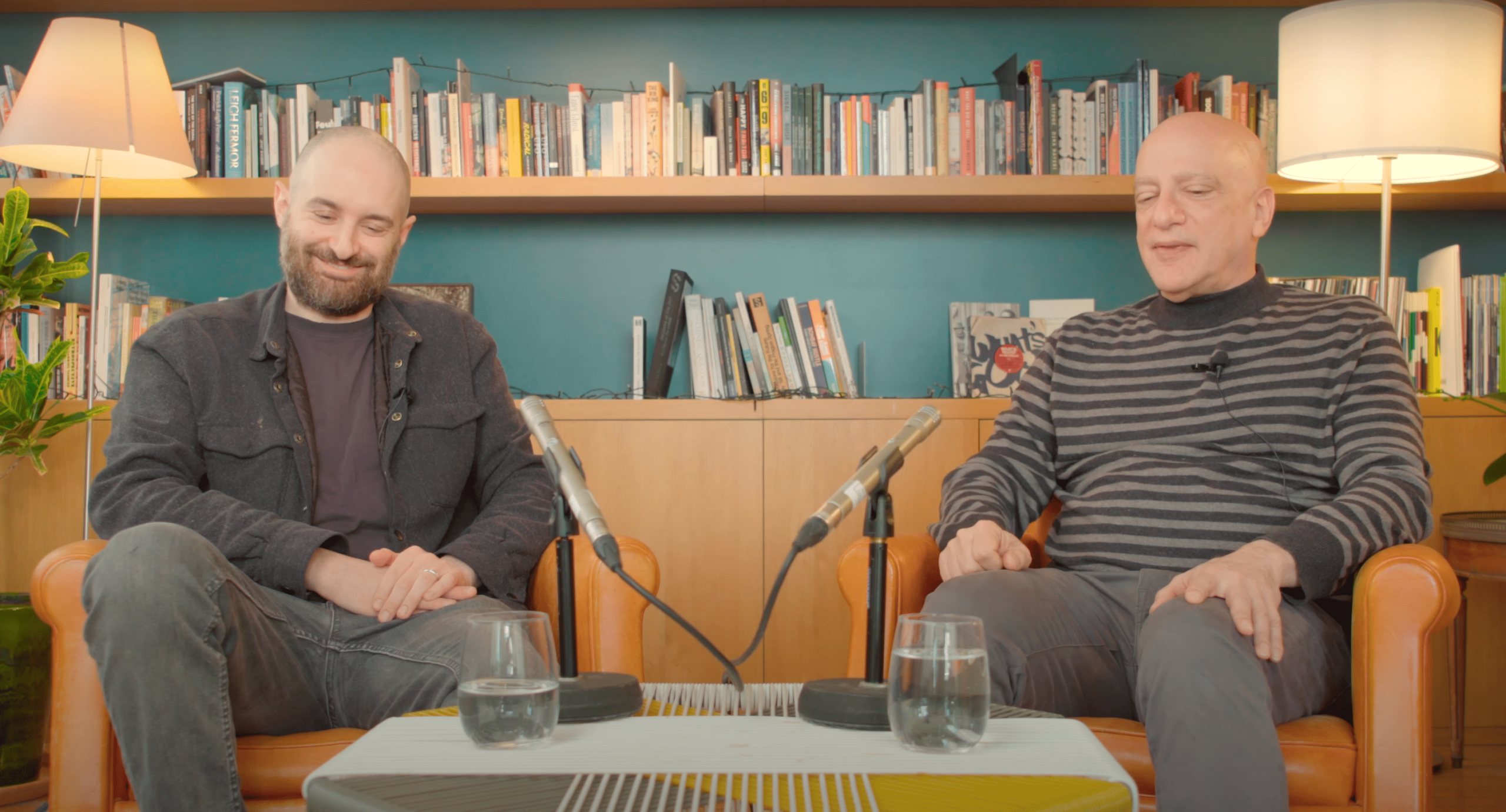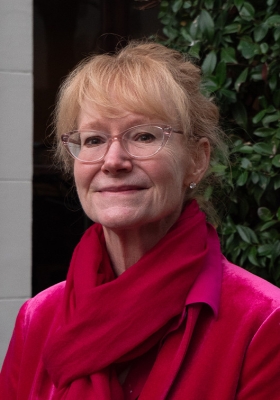Library Chat: David Sulzer and Daniel Levin Becker
Acoustics: sonic phenomena and musical instruments. Coloured engraving by J. Emslie, 1850
In this Library Chat, neuroscientist and composer David Sulzer and translator Daniel Levin Becker reflect on the intersections of art, science, and identity, exploring how labels like “fine art” or “classical music” can obscure deeper creative truths. They discuss Sulzer’s dual life in neuroscience and experimental music, the evolution of terms like “performance art,” and the arbitrary cultural divides between illustration and art. The conversation ranges from prehistoric cave paintings to contemporary musical collaboration, emphasizing the shared human impulse to represent, understand, and connect. In 2024–25, David was a Faculty Visitor and Daniel a Fellow at the Institute for Ideas and Imagination at Reid Hall.

Dave Sulzer is a professor of Psychiatry, Neurology, Pharmacology, and at the School of the Arts at Columbia University and New York State Psychiatric Institute. He attended Michigan State University, studied plant breeding and genetics at the University of Florida, and received a PhD in biology from Columbia University. His lab has published over 200 studies on synaptic function in normal and diseased states that are cited over 40,000 times (h-index 86). He is the founder of the Dopamine Society, the Gordon Conference on Parkinson’s Disease, and the journal Nature Parkinson’s Disease.

Daniel Levin Becker is a writer, editor, and translator based in Paris. He has been a member of the literary collective Oulipo since 2009. He is the author of Many Subtle Channels: In Praise of Potential Literature (2012) and What’s Good: Notes on Rap and Language (2022) and the translator of books by authors including, most recently, Jakuta Alikavazovic, Éric Chevillard, and Laurent Mauvignier. At the Institute, Levin Becker will be working on an English translation of Nina Yargekov’s Double nationalité (2016), a long novel in which a young amnesiac with dual citizenship slowly pieces together her identity, both personally and geopolitically.








